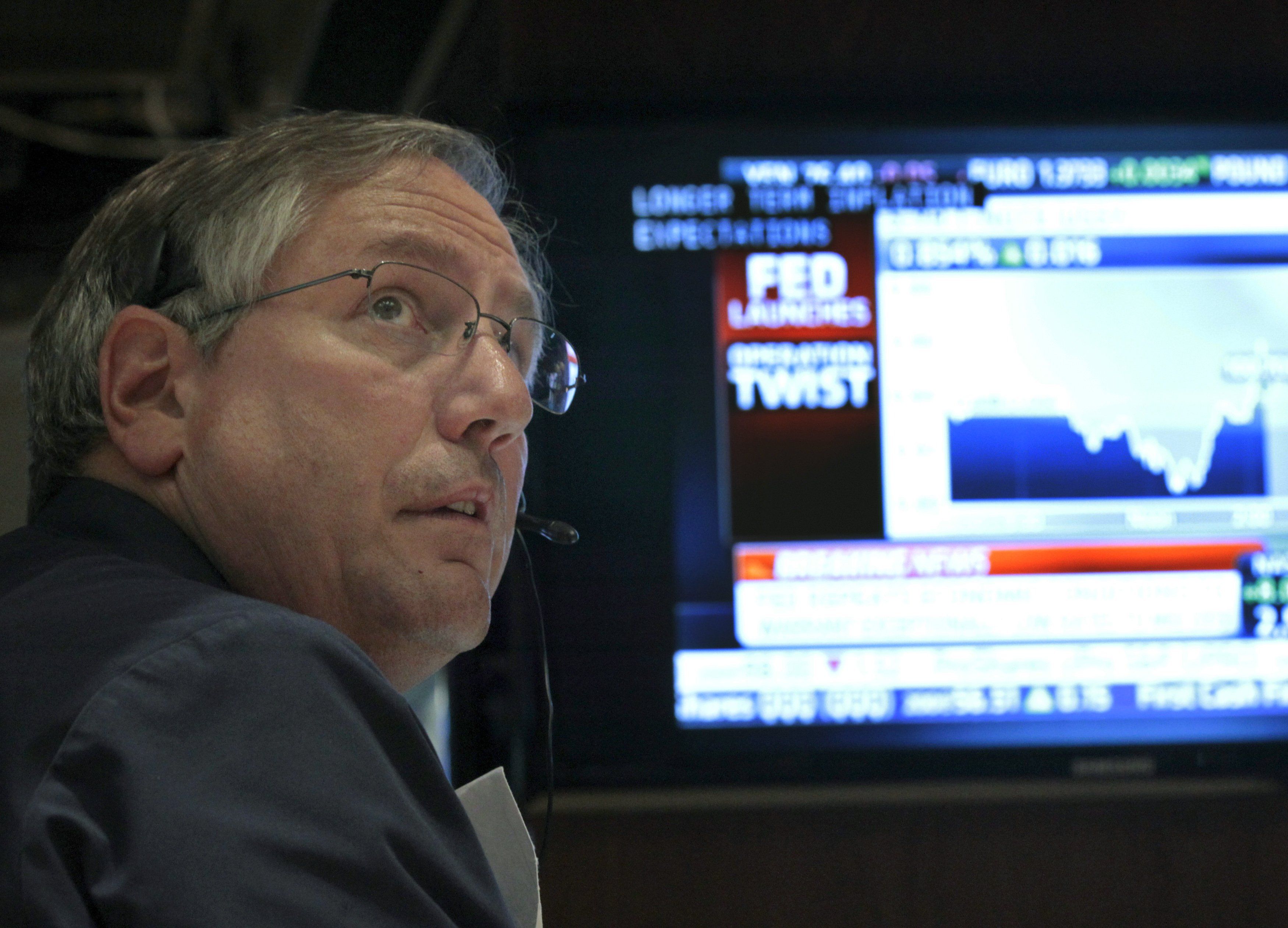For background, the Fed has been bumping up rates since March 2022, when pandemic-related stimulus and supply chain kinks were driving annual price growth towards 9%, a 40-year high.
But these days things are looking rosier. The latest data show annual price growth in May was just 4%, almost a full point below April’s clip. It’s the 11th consecutive month that inflation has fallen.
Falling energy prices, down nearly 12%, played a major role. And that’s despite Saudi Arabia’s recent decision to cut oil output by 1M barrels a day. Oil prices have actually fallen since then, as other petrostates keep pumping flat out, while the post-COVID economic recovery of China — the world’s largest oil importer — remains sluggish.
All of that leaves room for the Fed to hold rates. But if so, the reprieve may be short: Core inflation, which excludes fuel and food prices, is still above 5% — a long way from the pre-pandemic average of about 2%. Even if the Fed stands pat, it may still have to hit the hiking trail again at its next meeting in July.
